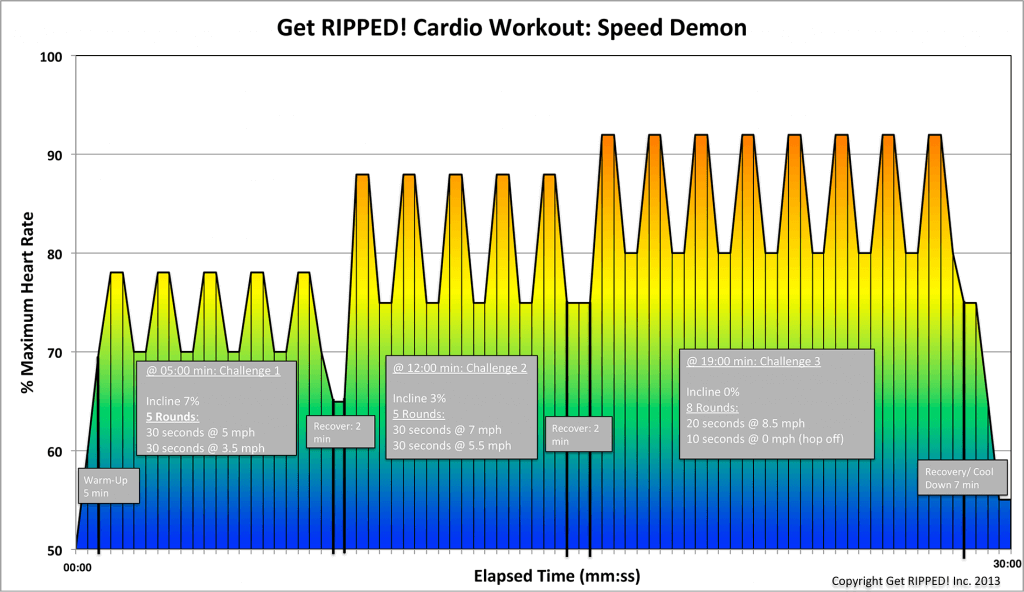Fitness Tips, Nutrition
Are Eggs Really That Bad For Me?
If you want low-cost protein, consider beans, lentils, and eggs. One of the benefits of eating eggs is that it’s a complete protein. You don’t have to combine it with any other protein source. Eggs got a bad rap because they’re high in cholesterol. Upon further study, that position changed due to more information. It showed that the cholesterol they contain doesn’t impact the body negatively. Your body requires some cholesterol in your diet to be healthy. Having the wrong kind and consuming too much is the problem. You won’t have that issue when you eat eggs.
Trans fats and saturated fats affect your cholesterol levels negatively.
Eggs don’t contain trans fats unless you cook them in trans fats. Even then, it’s not the egg but the residue of the cooking oil. Trans fats are found in sweets and junk food. The government allows the wrapper to say zero, even though it may contain a fraction of a percentage. All those small percentages add up. Eggs are also consumed with high-cholesterol partners like bacon, sausage, and ham. Another factor is the body’s role in creating cholesterol. It’s necessary to produce sex hormones and build human tissue. It helps the liver produce bile. If you don’t get enough from food, the body creates more to cover the deficit.
Studies show that regularly eating eggs doesn’t have much effect.
Early studies indicated eating eggs increased the risk of diabetes and heart disease. More recent studies show it’s not true. One Chinese study found eating an egg a day lowered the potential for stroke or heart attack, but that was when the consumption was partnered with the traditional Chinese diet, not a Western diet. Another study found that consuming 12 eggs a week didn’t affect health. Other studies showed it increased cholesterol, but it was beneficial cholesterol. Eggs contain omega-3 fatty acids. They decrease the risk of heart disease.
Eggs are nutritious.
Eggs contain 8% of the DV for vitamin A, 6% of the DV for folate, and 14% of the DV for pantothenic acid. They contain about a quarter of your daily need for B12, selenium, and vitamin B2 and 7% of your DV for phosphorous. In addition, they also have calcium, zinc, and vitamins D, E, and B6. They also contain trace minerals, omega-3 fatty acids, and protein. Pastured eggs are higher in omega-3 fatty acids, vitamin A, and vitamin E.
- Pastured eggs are higher in omega-3 fatty acids, vitamin A, and vitamin E. Don’t confuse them with free-range eggs. Free-range means they have a small area to run. Pastured hens run free and consume their natural food.
- The fat and protein in eggs keep you feeling full longer to help you lose weight. You can eat eggs for breakfast, lunch, dinner, or snacks. Vegetarian omelets, egg and vegetable casseroles, and egg salad are versatile ways to eat eggs.
- Eggs are good sources of lutein and zeaxanthin, which are antioxidants. They boost eye health and prevent cataracts and macular degeneration.
- If your healthcare professional has limited eggs in your diet, always follow their recommendations. Each person’s body is different and has different needs.
For more information, contact us today at Get RIPPED! by Jari Love


